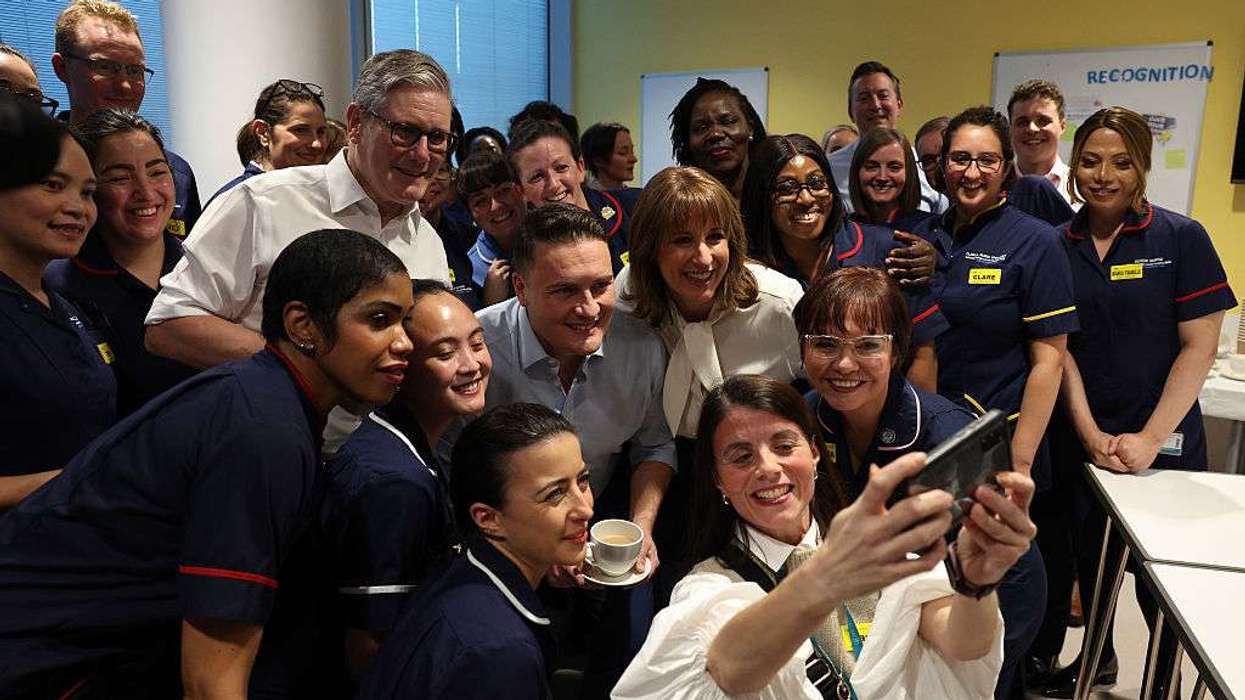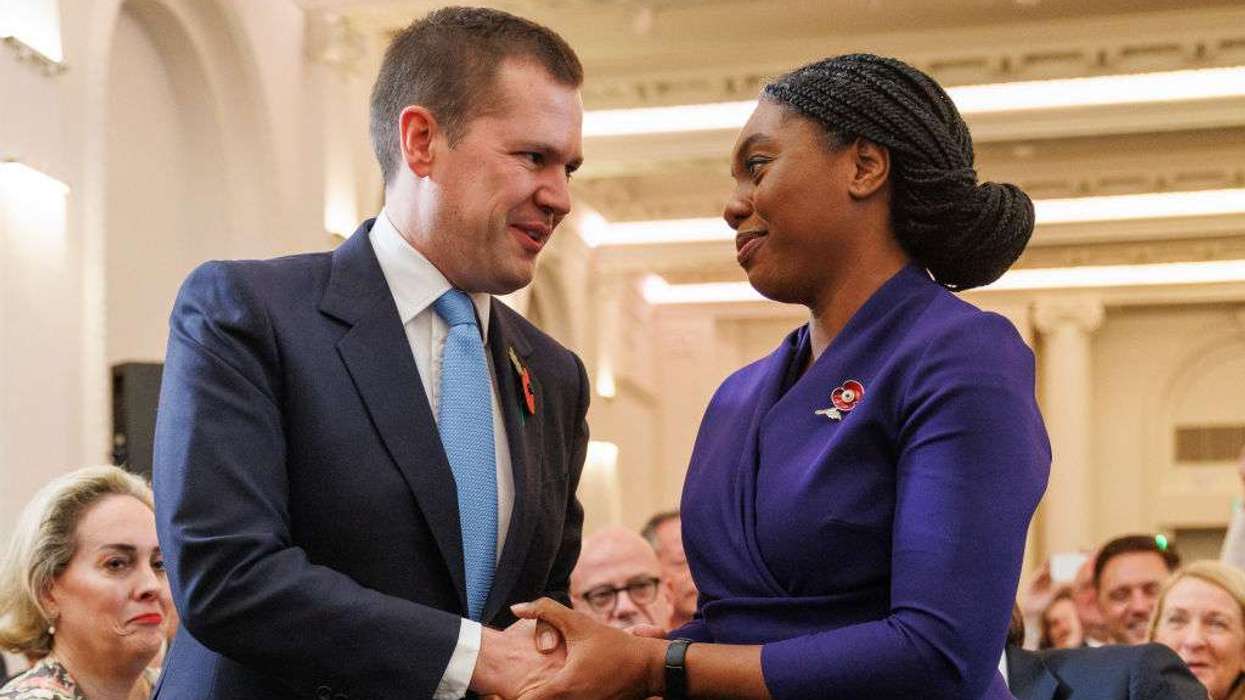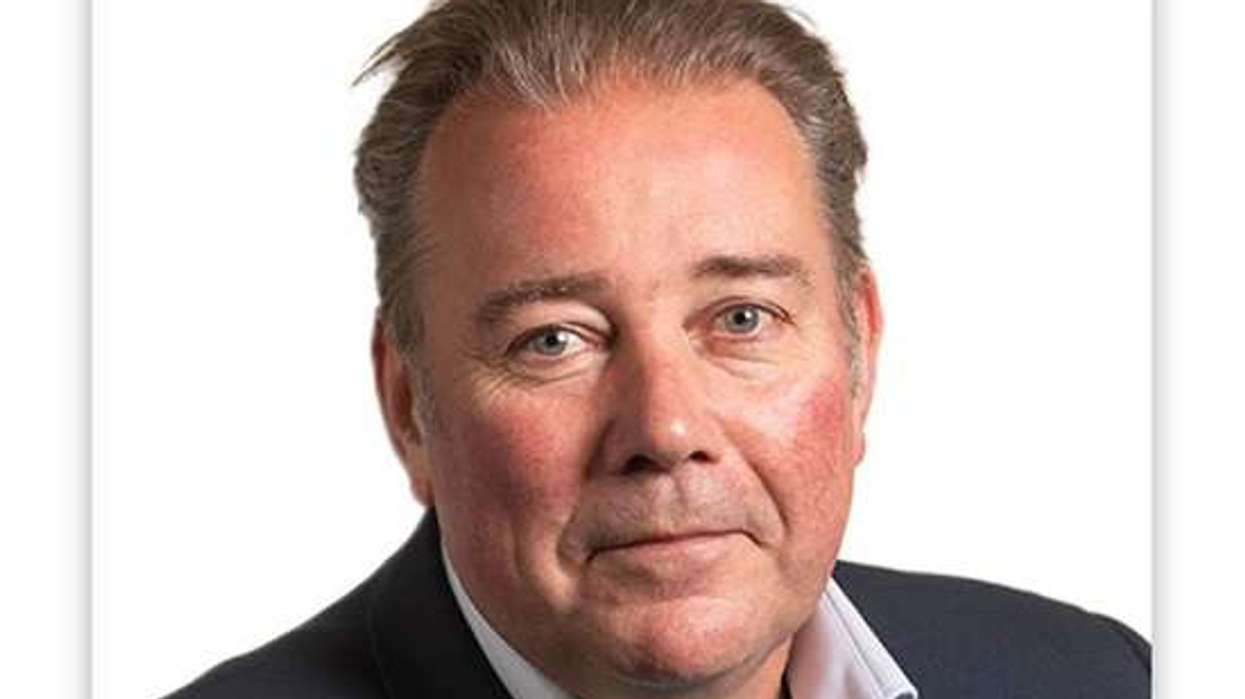How to cut immigration to Britain is a hot political topic.
It dominates when Kemi Badenoch’s Conservatives fret about Nigel Farage’s challenge.
Prime minister Sir Keir Starmer sees the record levels of immigration which he inherited from the last government as too high. But there is a little-known secret.
Immigration to Britain is now falling. It fell significantly during the second half of 2024. This is a secret hiding in plain sight. It will be confirmed by the latest Office for National Statistics (ONS) quarterly visa figures this week, which will confirm that the number of health and social care visas have fallen most dramatically.
Yet it will be three more months before the ONS gives a headline net migration figure for 2024 in the May 2025 statistics. Net migration will head towards half of its peak levels this year. When will our lagging politics of immigration catch up?
Starmer’s government will be the first in living memory to exceed public expectations on reducing immigration levels, partly because it inherited exceptionally high immigration. It nearly quadrupled under the last government to a peak of over 900,000.
It will exceed expectations partly because expectations in anything the government pledges is now so low. After July’s general election, just 12 per cent of people expected net migration would be lower a year later.
Low public trust could have another consequence. Even if net migration halves from its peak levels this year, how many people will notice? If there is a visible lack of control over small boats in the Channel and asylum accommodation, significant falls in net migration may have little impact on public perceptions.
Starmer’s Labour government has not decided what it wants to say and do about immigration numbers once they start to come down. Beyond delivering its manifesto pledge of an overall reduction, the government has no public view of what the right level of immigration to Britain should be.
Home secretary Yvette Cooper and chancellor Rachel Reeves have long opposed a new migration target. They have no crystal ball of the economic or geopolitical conditions of 2030 – and no control over emigration levels. The net migration targets set by consecutive Tory governments were as useful as a chocolate teapot.
Priti Patel generated controversy just for pointing out that the specific choices which delivered record immigration numbers – welcoming Ukrainians and Hong Kongers, increasing student numbers, and offering NHS and care visas – had bipartisan and public support.
The previous Conservative government did not have any internal decision-making process, nor parliamentary accountability, to assess what its choices added up to. It may have been a deliberate tactic to evade the realworld choices.
No government will ever win a rhetorical auction with opposition parties over who can say the lowest number. The Conservative party leader Badenoch wants a legal cap on net migration – though she has not yet adopted her party colleague Robert Jenrick’s proposal it must be set at 100,000 or lower. Reform leader Farage believes that ‘net zero’ would be a good level for immigration to the UK.
Governments are under more pressure than populist opposition parties to say things that can be delivered in practice. Could this spring’s immigration white paper set out what the government’s objectives for immigration policy are?
The core ‘control’ message in the white paper could be that it is right Britain decides about immigration – that Britain should make the choices about who gets to come to live, work and study in this country that reflect our interests and values.
Its key ‘contribution’ message should be that the government would deliver that headline objective of a reduced pace of change while making choices which make sense for its missions on economic growth, a stronger NHS and wider educational opportunity. If it wants to build more houses, the government would need some more construction workers while building up home-grown skills. If inflows of population use up all the increased housing capacity, the government would simply be running to stand still.
Most people would not reduce the number of international students – especially if that led to fragile university finances, which meant local universities had to offer fewer domestic places, or even close altogether. There is broad support for a youth mobility scheme with European neighbours – the government should try to negotiate a reciprocal capped scheme like those that already exist with Australia, Canada and South Korea.
Perhaps Labour will respond to the numbers question by drifting towards some kind of private ‘shadow’ net migration target – for example, that it feels politically comfortable with net migration at a quarter of a million, but not at 400,000.
But it should also offer a public account. The government should have an immigration plan – just as it has a spending review and annual budget for the economy. That could engage with the real-world challenges of control and contribution – to capture how the public recognise not just the pressures, but the gains of immigration too.

Sunder Katwala is the director of thinktank British Future and the author of the book How to Be a Patriot: The must-read book on British national identity and immigration




